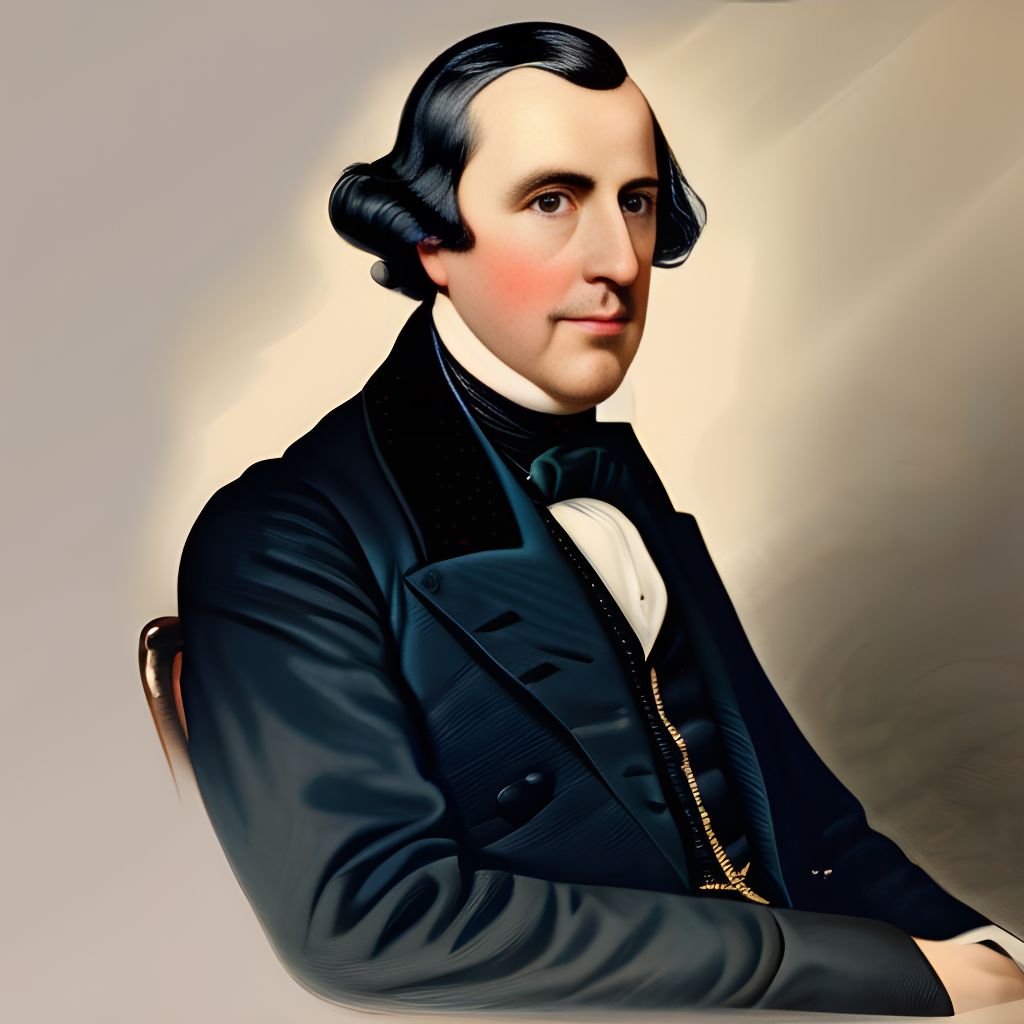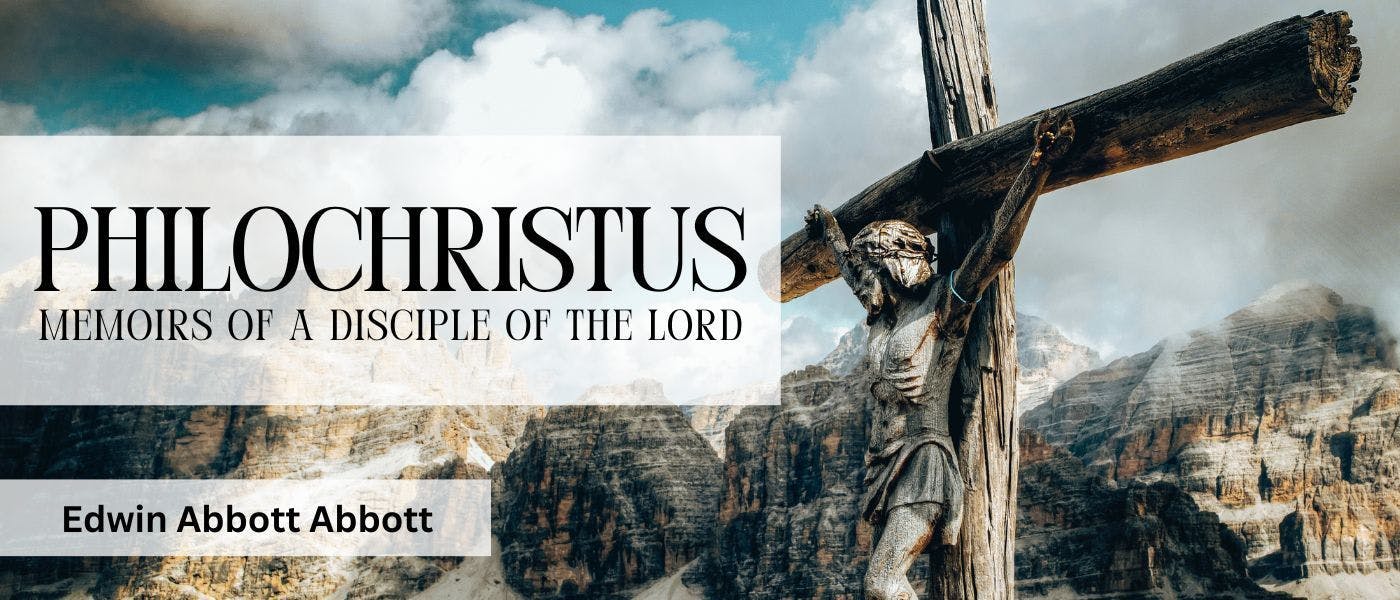129 reads
How Jesus went down to Jerusalem, as a king, to wage war against Satan in the Temple
by
November 5th, 2023
Audio Presented by

Edwin Abbott Abbott FBA was an English schoolmaster, theologian, and Anglican priest, and author.
About Author
Edwin Abbott Abbott FBA was an English schoolmaster, theologian, and Anglican priest, and author.
